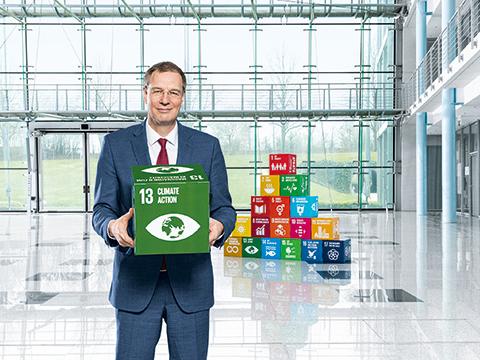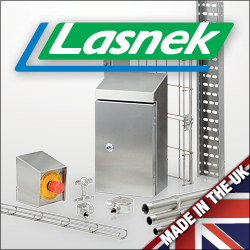
Posted to News on 21st Sep 2022, 17:00
Festo aims for CO2 neutrality by 2023

Festo has committed to massively reduce its carbon footprint over the next two years, aiming for CO2 neutrality by 2023.
Automation is an enabler for the industrial transformation towards climate protection, resource efficiency, sustainability, and the circular economy. Festo products and solutions enable more resource-efficient production and help to establish a circular economy along the entire value chain – with the clear aim of reducing CO2 emissions.
“All of our production and logistics sites worldwide, including the German sales locations and the corporate headquarters in Esslingen, will be CO2-neutral from the beginning of 2023,” explained Festo CEO Dr Oliver Jung.
Festo has aligned its own Sustainability Strategy with the Strategic Development Goals (SDGs) of the United Nations. Scope 3 emissions will play an increasingly important role as emissions from purchasing and logistics are considered alongside the use of products by customers. In its annual Sustainability Report, Festo documents its global responsibility with numerous examples and provides information about its sustainable corporate development.
“We want to express how automation technology can balance the supply of the world’s population and protect natural resources via climate-neutral production at the same time,” explains Jung. “Festo is striving to transform industrial production into an efficient and more climate-friendly way of manufacturing.
“Innovations are the key to greater sustainability and our customers increasingly perceive us as a partner in this process. Together, we can drive the transformation of the industry." Festo has made great strides in important innovations, such as digital and intelligent pneumatics, automation platforms and concepts for saving energy in pneumatics.


















